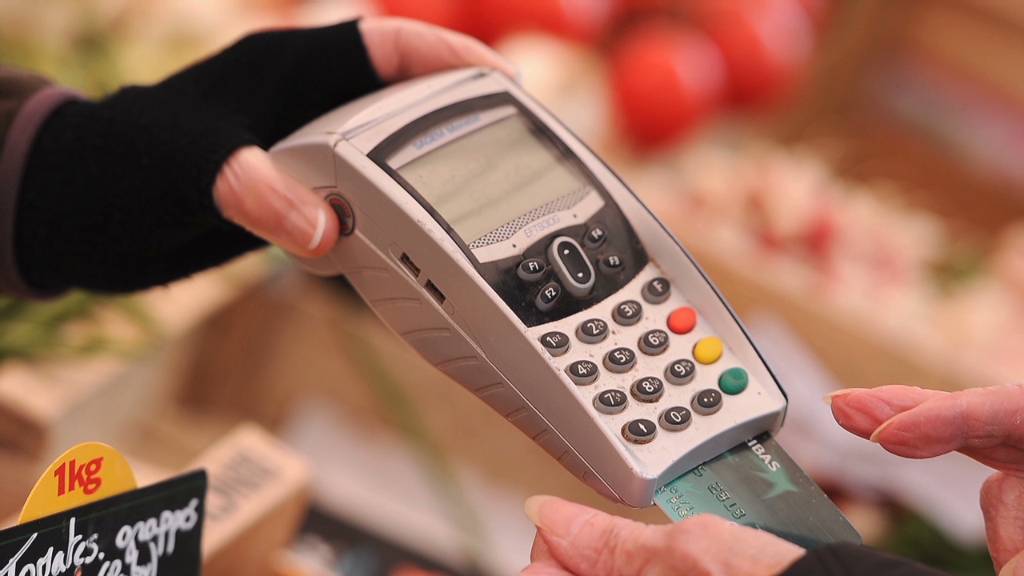
In a new scam targeting seniors and the disabled, identity thieves are fraudulently rerouting Social Security benefits to their own bank accounts and prepaid debit cards.
It's pretty straightforward: Identity thieves get their hands on the personal information they need, like a full name and bank account number. Then they contact the Social Security Administration and request that payments be rerouted to their own accounts.
That's what happened to 64-year-old William Combs, a disabled Vietnam War veteran from Brookville, Ohio. He said identity thieves have now stolen his tax refund, two months' worth of Veteran's disability benefits and most recently, one of his Social Security disability payments.
Combs said he immediately notified each agency about his missing payments. While he eventually received his tax refund, he still hasn't received the $5,400 in Veteran's disability payments that disappeared earlier this year. And it took about a month for him to get his $2,000 Social Security payment, after his benefits check didn't show up in the mail in August.
"My landlady is going to kick me out ... I went a whole month with nothing to eat but peanut butter and crackers," said Combs. "I had to take a loan from a credit union to pay rent one month, and I had to borrow money from my daughter to pay rent the other months -- and that's the last thing in the world you should do. I was crying when I asked her."
The Social Security Administration said it can't comment on or verify individual cases.
Related: Senior victims lose average of $140,500 to financial abuses
This scam is emerging at the same time the Social Security Administration is actively encouraging all beneficiaries to switch to direct deposit to meet a new regulation requiring the agency to stop sending paper checks, Patrick O'Carroll, Inspector General of the Social Security Administration, said in a Congressional hearing last week.
Some seniors see their payments get rerouted to prepaid cards after falling prey to lottery scams that ask victims for their personal information and bank account details in order to claim big prizes, said O'Carroll. Prepaid cards are especially attractive to identity thieves because they aren't linked to bank accounts and can often be used anonymously -- making them difficult to trace.

As of Aug. 31, the inspector general's office received more than 19,000 reports of "questionable" changes or attempted changes to a beneficiary's direct deposit information, and continues to receive about 50 reports like this every day.
Social Security Administration spokesman Mark Hinkle said that number represents only a tiny fraction of the 711 million payments that the Social Security Administration made electronically over the same period of time. Some of these reports are the result of typing errors, not fraud, he added.
IDentity Theft 911, a company that helps identity theft victims, started hearing reports of this kind of scam only recently. Over the past year, Mark Fullbright, senior fraud investigator at IDentity Theft 911, has seen six instances of scammers rerouting Social Security benefits onto prepaid cards -- five of which occurred this summer.
Related: Help! My brother stole my identity!
The inspector general said the Social Security Administration needs to better verify a beneficiary's identity when making changes to his or her account. Among its recommendations: that the administration block attempts to change direct deposit information for people who say they have been victims of fraud and that it alert beneficiaries of changes immediately through automated e-mails, text messages or letters sent to old and new addresses. It also suggested developing unique routing numbers for prepaid cards, since "these cards are particularly tempting tools for benefit thieves."
To protect your identity, be wary of any calls or e-mails from people asking for personal information.
You can also tell the agency that no changes may be made to your account unless you appear in person with sufficient ID by visiting www.socialsecurity.gov/blockaccess.
If it's been three or four days since you were supposed to receive your benefits payment or you receive a letter confirming a change to your direct deposit information that you didn't authorize, take action immediately, Fullbright said.
The Social Security Administration said anyone who believes they are victims of fraud should contact the inspector general at http://oig.ssa.gov/report-fraud-waste-or-abuse.
